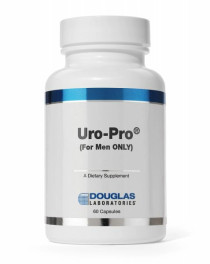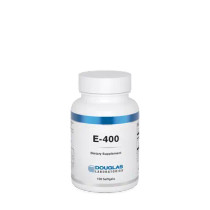Vitamin E
Vitamin E is a fat soluble vitamin that exists throughout your body and is critical to the overall health and function of your body, including supporting healthy aging. It is primarily known for its antioxidant properties, but it plays a role in a number of other functions. Vitamin E occurs naturally in eight forms: alpha-, beta-, gamma-, and delta-tocopherol, and alpha-, beta-, gamma-, and delta-tocotrienol.
While these are all present in different capacities within your body, only alpha-tocopherol is able to be re-secreted by the liver and transported to the rest of the body. Vitamin E is found in a number of foods, mainly fruits and vegetables like almonds, spinach, avocado, palm oil, butternut squash, and more, and it can be taken as a supplement.
The most well-known function of vitamin E is as an antioxidant. Antioxidants are substances that work in the body to protect cells from oxidative stress. The process of oxidation can produce free radicals, which are uncharged molecules that are unstable. This instability causes the free radicals to attack stable molecules, essentially stealing their charges and breaking the bonds that hold them together. This can cause damage to healthy cells.
Vitamin E may be important to help with heart disease, eye disorders, cancers, and mental function. Vitamin E deficiency can cause nerve and muscle damage that results in loss of feeling in the arms and legs, loss of body movement control, muscle weakness, and vision problems. Another sign of deficiency is a weakened immune system. Supplementation of Vitamin E in addition to a balanced diet may be beneficial for these reasons.
















